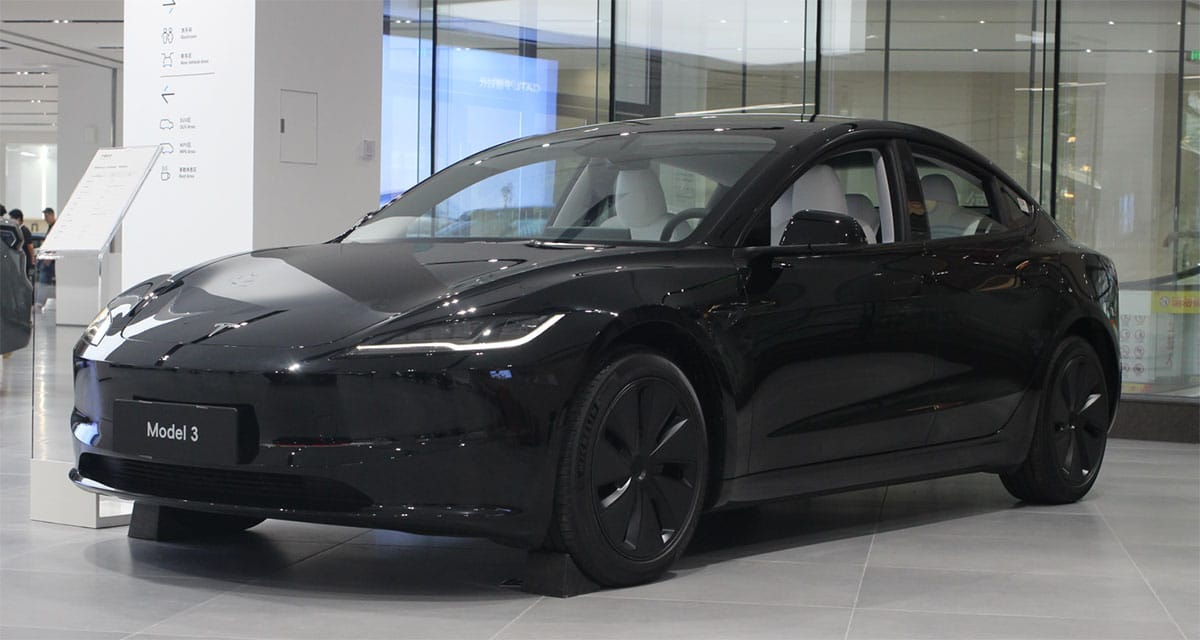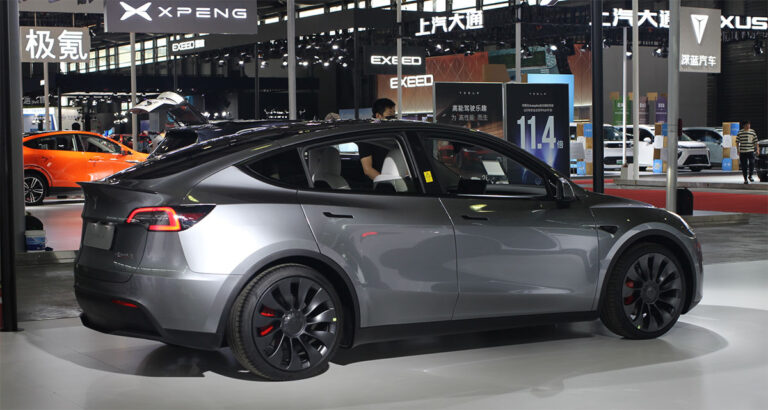The EU and China have agreed to hold further technical negotiations soon on possible alternatives to tariffs on China-made EVs, at a time when additional tariffs are due to come into force next week.

The European Union and China have agreed to enter into further technical negotiations soon on possible alternatives to tariffs on China-made electric vehicles (EVs), at a time when additional tariffs are due to come into force next week.
European Commission Executive Vice President and Commissioner for Trade Valdis Dombrovskis held a video call today with Chinese Minister of Commerce Wang Wentao to discuss the EU's investigation into imports of battery electric vehicles (BEVs) from China and the on ongoing negotiations about price undertakings, according to a statement.
The two sides assessed the progress made in the eight rounds of technical negotiations as well as the significant gaps that remain, the statement by the European Commission said.
They reaffirmed their political commitment to find a mutually agreeable solution that effectively addresses a level playing field in the EU market and is WTO-compatible.
“The principals agreed that further technical negotiations would take place shortly,” the statement said.
The European side also emphasized that under WTO rules, different companies involved in the investigation have the possibility to offer price undertakings.
Therefore, the European Commission's negotiations with the China Chamber of Commerce for Import and Export of Machinery and Electronic Products (CCCME) do not exclude negotiations with individual exporters, the statement said.
The European Commission formally launched an anti-subsidy investigation into imports of EVs originating in China on October 4, 2023, claiming they are distorting the European market.
On October 4 this year, EU member states voted to impose tariffs on EVs imported from China, making higher tariffs a five-year policy.
The new tariffs will be levied by October 31, and they are on top of the existing 10 percent tariff that are imposed.
Meanwhile, the EU and China continue to work on exploring alternative solutions, according to the October 4 statement.
Different EV makers face different tariffs, with rates ranging from 7.8 percent for Tesla (NASDAQ: TSLA) to a maximum of 35.3 percent for SAIC and other companies deemed not to have cooperated with the EU's investigation.
Following the disclosure of the final results of the European Commission's investigation on August 20, CCCME, with the authorization of 12 EV makers, submitted a price commitment proposal to the European Commission on August 24.
On October 16, CCCME said that in the more than 20 days since September 20, the China and EU technical teams held eight rounds of consultations in Brussels, but failed to reach a solution acceptable to both sides.
CCCME accused the European Commission at the time of conducting price commitment negotiations with some car companies separately, saying that this would shake the foundation of the negotiations and mutual trust, and bring interference to the consultations between the two sides.

